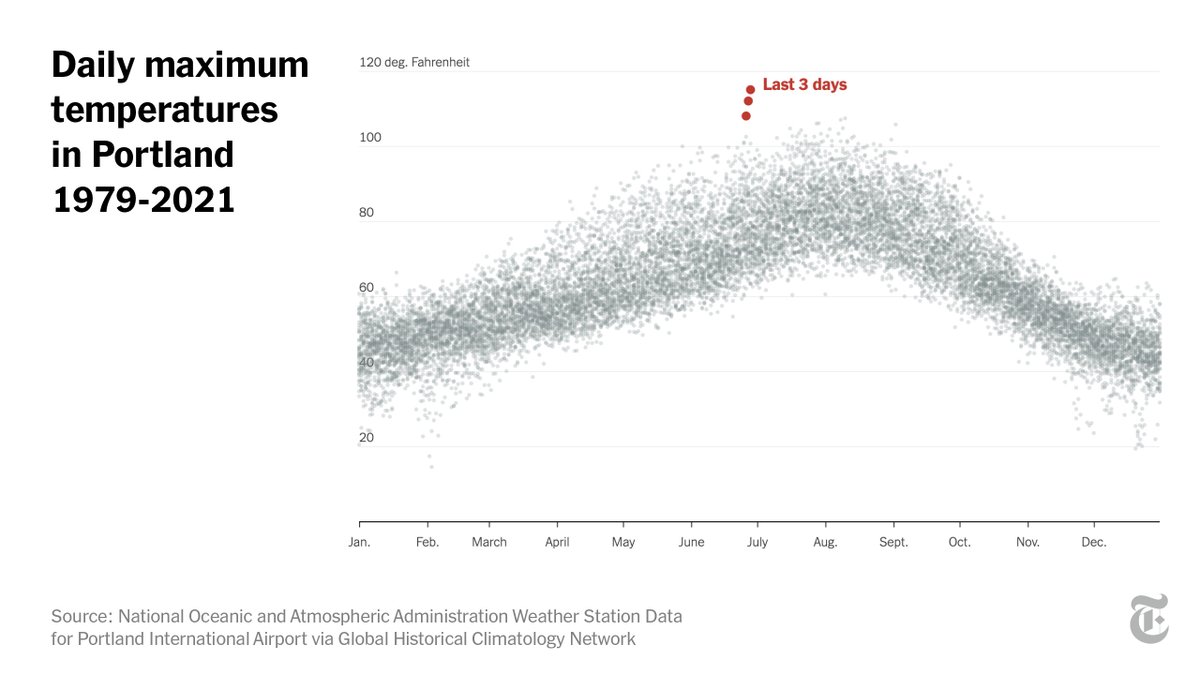
One year ago, Hong Kong's freedoms were diminished with a sweeping national security law. Since then, activists and journalists have been arrested, assets seized and school curriculums rewritten. But this clampdown on democracy was years in the making. nyti.ms/3xZP0qW
Interviews with insiders and advisers reveal Chinese officials’ growing alarm over protests in Hong Kong; their impatience with wavering among the pro-Beijing elite; and their conviction that Hong Kong had become a haven for Western-backed subversion. nyti.ms/3yec5X5 

Given the risk of a global backlash, and Hong Kong’s role as a financial hub, many assumed that China’s leader, Xi Jinping, would move cautiously. Even Beijing’s closest loyalists in Hong Kong underestimated how far he was ultimately willing to go. nyti.ms/3yec5X5 

• • •
Missing some Tweet in this thread? You can try to
force a refresh















